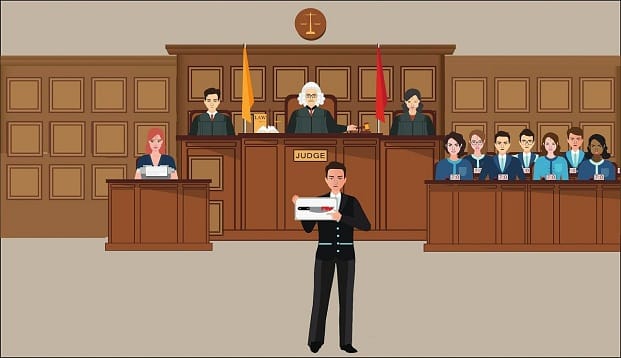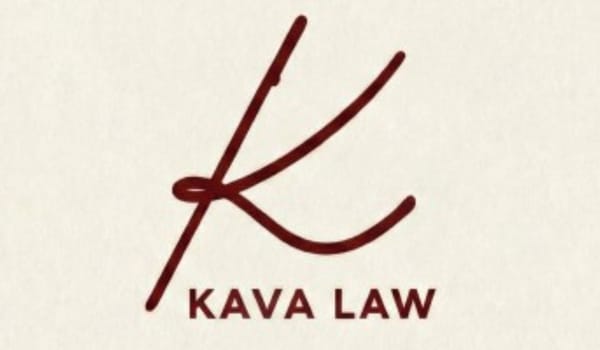Top Moot Court Mistakes Law Students Should Avoid

Moot court is a vital part of legal education, providing law students with the opportunity to develop their advocacy skills, legal reasoning, and courtroom demeanor. Successfully participating in moot court not only enriches students’ understanding of the law but also prepares them for future litigation and courtroom practice. However, many students make avoidable mistakes that hinder their performance and learning experience. Awareness and avoidance of these common errors can significantly improve a law student's moot court performance. This blog explores the top moot court mistakes law students should avoid and offers practical tips for mastering this essential skill.
Understanding Moot Court and Its Importance
Moot court simulates appellate court or tribunal hearings, requiring participants to argue hypothetical legal cases before a panel of judges. Unlike written exams, moot court tests students' ability to think on their feet, respond to questions, and persuasively argue legal points. It emphasizes oral advocacy, case preparation, research and teamwork.
Engaging earnestly in moot courts helps law students:
- Hone their research and legal writing skills by preparing detailed memorials.
- Develop structured oral argumentation and public speaking.
- Build confidence to handle judicial questioning.
- Gain insights into courtroom etiquette and procedures.
With these benefits in mind, it is essential to approach moot court preparation and presentation thoughtfully and professionally. Below are the common pitfalls students should avoid.
Mistake 1: Inadequate Case Research and Analysis
One of the most fundamental errors is insufficient understanding of the moot problem and the applicable law. Many students make the mistake of superficially reviewing the facts or relying on secondary sources alone. Without a deep understanding of statutes, case laws, and principles relevant to the problem, arguments will lack authority and coherence.
Tip: Conduct thorough research using primary legal sources like judgments, statutes, and regulations. Develop a clear case theory and anticipate the opposition's arguments. Prepare legal citations correctly to enhance credibility.
Mistake 2: Poor Preparation of Written Memorials
Written memorials form the backbone of moot court, outlining the legal arguments your side will present. Submitting poorly organized, verbose, or error-ridden memorials can negatively impact scoring and judges’ impressions.
Tip: Focus on clarity, conciseness, and precision. Use persuasive language, proper citation methods, and logical formatting. Proofread multiple times to eliminate grammatical or typographical mistakes.
Mistake 3: Memorizing Rather Than Understanding the Argument
Some students memorize their entire speech word-for-word, hoping to deliver flawless presentations. This approach is risky because judicial questioning often disrupts the flow, requiring quick thinking rather than reciting memorized content.
Tip: Understand your arguments inside out rather than rote memorization. Practice explaining points in your own words and prepare to answer unexpected questions confidently.
Mistake 4: Neglecting Courtroom Etiquette and Professionalism
Proper courtroom conduct extends beyond legal knowledge. Students often falter by displaying casual behavior, such as inappropriate attire, disrespecting judges, or using unprofessional language.
Tip: Dress formally, maintain polite and respectful communication, and use appropriate titles for judges and opposing counsel. Practice formal greetings and maintain composure even under pressure.
Mistake 5: Overlooking Time Management During Oral Arguments
A typical moot court round has strict time limits. Students frequently exceed their allotted time or fail to cover key arguments efficiently within the time frame.
Tip: Rehearse with a timer to learn pacing. Prioritize your strongest arguments and allocate time proportionally. Practice concise articulation without rushing.
Mistake 6: Ignoring Judicial Questions or Responding Poorly
Judges use questions to test the advocate’s depth of understanding. Avoiding questions, providing vague answers, or reacting defensively undermines advocacy.
Tip: Listen carefully and answer directly. If unsure, it is better to honestly acknowledge limits rather than guess. Practice mock questioning sessions to build confidence.
Mistake 7: Lack of Team Coordination and Role Clarity
Moot teams usually comprise oralists and researchers. Poor coordination can cause repetitive arguments, contradictions, or gaps.
Tip: Assign clear roles and communication channels early. Conduct practice rounds as a team to synchronize arguments and ensure comprehensive coverage.
Mistake 8: Public Speaking and Voice Modulation Neglect
Monotonous speech, unclear articulation, or nervousness can dilute persuasive impact.
Tip: Work on voice modulation, clarity, pace, and body language. Record practice sessions to identify improvement areas. Engage in public speaking activities beyond moot court.
Mistake 9: Failing to Adapt to Different Judicial Panels
Different judges have varying styles, question patterns, and expectations. Rigid adherence to one routine may be ineffective.
Tip: Observe and research the judicial panel beforehand if possible. Stay flexible in presentation style and argument focus.
Conclusion
Moot court competitions are invaluable platforms for law students to sharpen legal skills essential for successful legal careers. By avoiding these common mistakes—such as insufficient research, poor memorial writing, rote memorization, neglect of courtroom etiquette, time mismanagement, ineffective handling of questions, team discoordination, and weak public speaking—students can enhance their performance significantly.
Thoughtful preparation, practice, professionalism, and adaptability form the pillars of moot court success. Treat moot court as a stepping stone to real-world advocacy, and the experience will translate into greater confidence and competence as future lawyers.
For law students serious about excelling in moot courts, investing effort in these areas promises a rewarding and transformative learning experience.
Join our WhatsApp group for more updates!
Visit Legalwiki.co for more legal updates.




